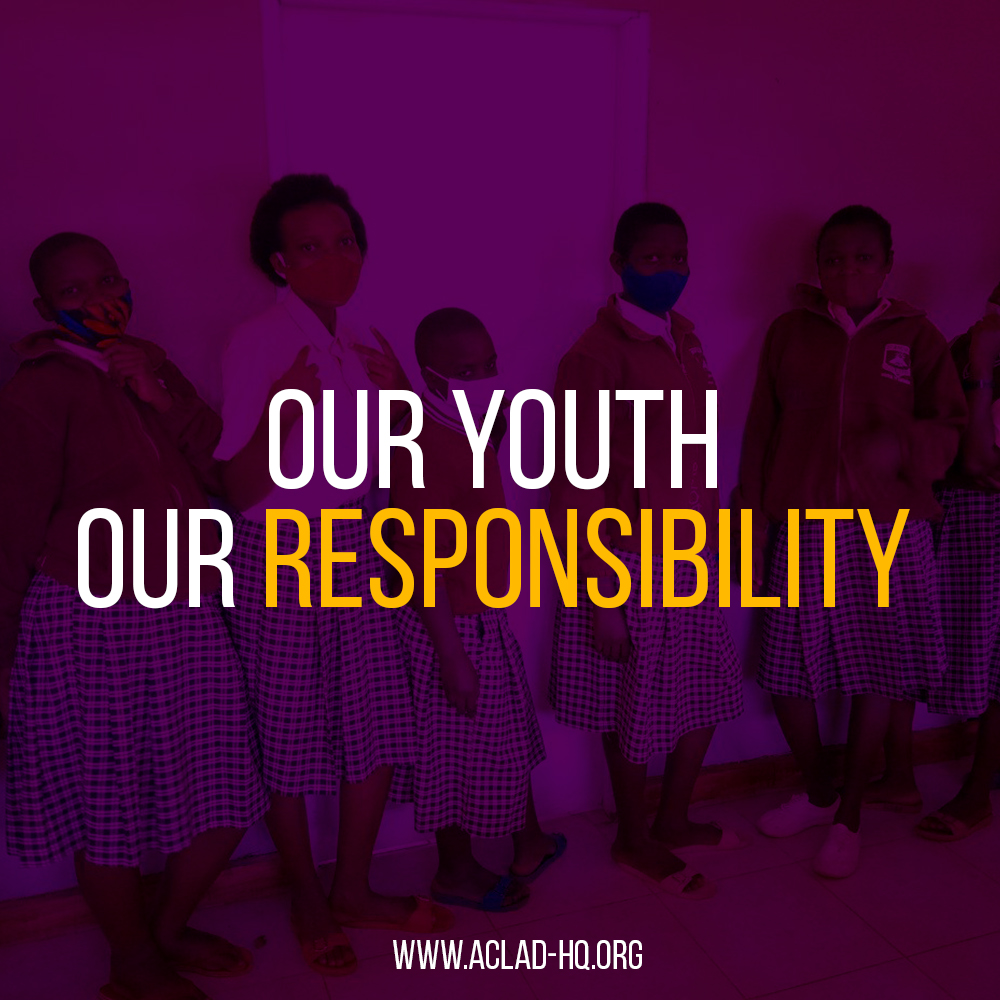Our Youth, Our Responsibility

Proverbs 22:6: Teach a child how he should live, and he will remember it all his life (Good News Bible)…how he should go and when he is old he will not depart from it (Revised Standard Version). Crucial to the health of any human society is the education of its youth which must include teachings on values and character formation. More so, this education is required where youth are the majority of the population.
The world we live in today is not quite as youth-friendly as many years past. Youth of the 21st century face serious challenges such as information overload, teenage pregnancies, drug and substance abuse and violence. After conducting a study in the United States on the importance of character development, Kinnamon[1] (2003) concluded that the most likely and durable solution to these ethical issues is the development of a societal norm based on a restricted number of core values and character strengths. He noted that of the 24 main moral and performance character strengths, the top six needed by and for today’s youth are respect, trustworthiness, fairness, caring, responsibility and citizenship.
Development of character takes place within an interpersonal developmental system. This means that children learn from the adults in their lives with whom they interact constantly. Adults whom children and youth are in contact with are usually the primary care-givers, -parents or grandparents, house-helps, aunties, uncles, older cousins and teachers. These teach and demonstrate –more by actions than words- the values that their children possess. That said, it is important to note that every child has the right to develop their own character so that they know the differences between good and bad, right from wrong and that there are consequences for choosing to do wrong. This knowledge will help them make rational decisions that will allow them to be competent children of character.
Children and youth observe more than they are willing to share and will imitate what they see. If they observe the lack of values in those far away like sports personalities, musicians, politicians, CEOs…, and also in those adults closer to their lives, they will imitate and plummet into the trap of valueless individuals who can fall for any carrot dangled before them. The best way we as adults can change the values of the children and youth with whom we interact is by living our lives demonstrating the aforementioned core values and character strengths by the tone of our voice, what we say and do as well as our body language.
By demonstrating good practices, values and character strengths, we can make a great contribution to the society by shaping youth who are secure, can build healthy relationships and on a larger scale, strong communities with values. This is because individuals who possess strong character strengths are more resilient as during trying times, they can return to a set of previously instilled core values and character strengths. Learning and owning these character strengths and values helps children and youth become aware of, dedicated to and capable of doing what is right. It’s not up to them (out there, far removed from our young ones), it’s up to us (parents and other primary care-givers) to teach our children and youth.
Catherine Muteithia
ACLAD Media Consultant
[1] Kinnamon, R. (2003). The importance of Character Development. American Camp Association
